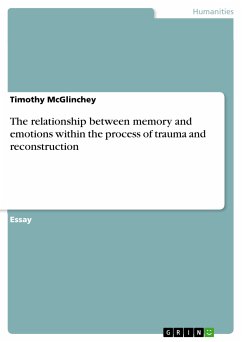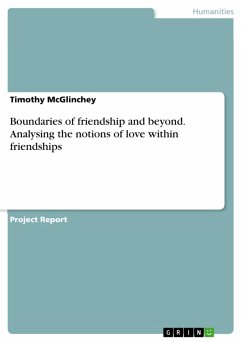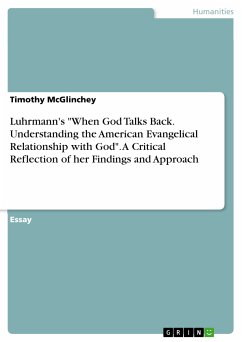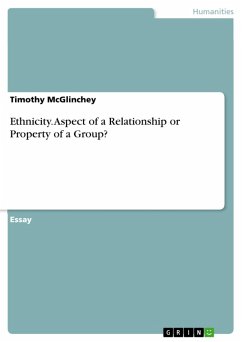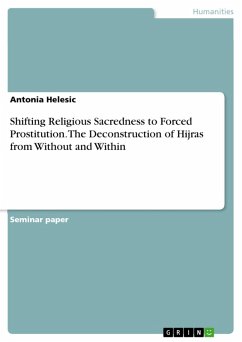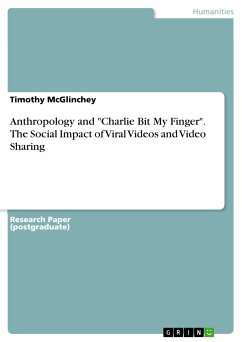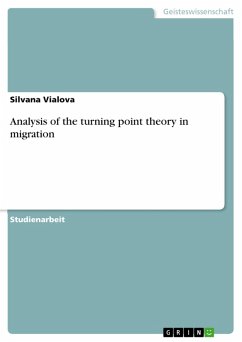Essay from the year 2014 in the subject Ethnology / Cultural Anthropology, grade: 1.0, Queen's University Belfast (School of History and Anthropology), course: Social Anthropology, language: English, abstract: The study of emotion is remarkably broad in its scope for anthropological concern, and the numerous influencing factors involved in it are invariably diverse. One factor that must not be underestimated is that of memory. It can be said that the two are interrelated through the influencing effect each has on the other, as will be expanded upon throughout this essay, as I dissect what I recognise as the most important elements of this memory-emotion connection. First, is the notion of "collective memory", and the influence of individual perception and identity within it. Also, I wish to examine the role of memory and emotion in the processes of trauma and reconstruction. In order to bring context to each of these areas, I will relate them to two main ethnographic case studies. The first is that of the maltreatment of Sudeten Germans and their displacement from Czechoslovakia, as researched by SvaSek (2005). The second is a study by James (1997) who investigated fear in a transit camp for Sudanese asylum-seekers in South-West Ethiopia. Whilst focusing primarily on these, I will also make reference to Hinan's study of collective memory and reconciliation in Guatemala and Rwanda (2010). Throughout this essay, with reference to these studies and other relevant research, I intend to clearly outline the significant relationship between memory and emotions.
Dieser Download kann aus rechtlichen Gründen nur mit Rechnungsadresse in A, B, BG, CY, CZ, D, DK, EW, E, FIN, F, GR, HR, H, IRL, I, LT, L, LR, M, NL, PL, P, R, S, SLO, SK ausgeliefert werden.

